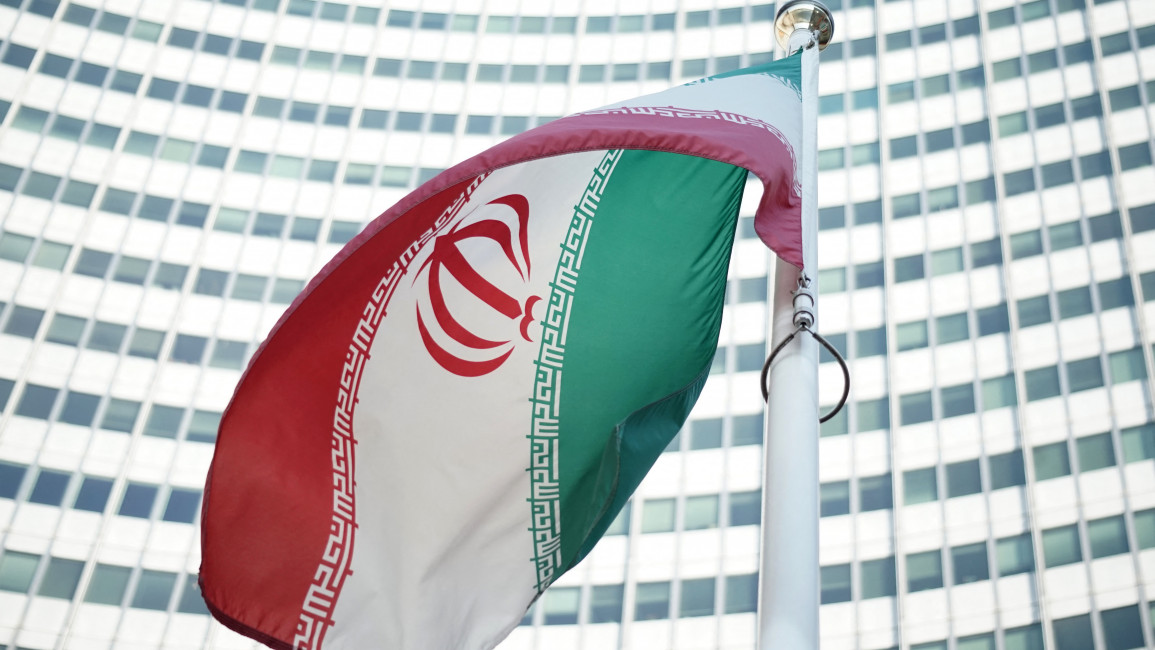
Germany and UK must respect Iran's sovereignty under international law
In today’s time and age, sovereignty is the belief that authority stems from people’s will, which allows it to survive without the slightest interference from states or international organisations.
One of the fundamental principles of international law mentioned in the UN Charter of 1945 and reflected in many other international instruments is the principle of sovereign equality based on which all states are equal before international law no matter the size of their territory, population, economy, or military. This premise can play an active and effective role provided that it creates a major obstacle to foreign intervention.
In fact, this idea is one of the most fundamental norms governing contemporary international relations which calls for non-interference in internal affairs of other nations. The principle of sovereign state in international law forestalls any unilateral or multilateral act to intervene in, or disturb internal affairs of other states which under international law could assume responsibility for intervening actors.
In the meantime, the governments of Germany and the UK’s declared policy with respect to Iran has long been in breach of the principle of the sovereignty of the Iranian government as they continue to unilaterally impose their illegitimate will on the independent government of the Islamic Republic of Iran through interference, funding its enemies and promoting hostile propaganda against it.
"The principle of sovereign state in international law forestalls any unilateral or multilateral act to intervene in, or disturb internal affairs of other states"
The Munich conference this year hosted some anti-Iran figures instead of the Iranian government. By inviting individuals affiliated to Iran’s former dictator regime, whose pathetic crimes against the Iranian nation are known to all, to participate in the 2023 Munich Security Conference, the German government can be held liable under international law.
In other words, the regime and its affiliates have stolen a large portion of the Iranian nation’s assets, and through launching sanctions campaigns against the country have committed blatant crimes against humanity, and as Alena Douhan, the UN Special Rapporteur on the Negative Impact of Unilateral Coercive Measures on the Enjoyment of Human Rights, said in 2022 the sanctions have “wholly affected” Iranian people’s lives.
Also, recently, British representatives paid a visit to anti-Iran People's Mojahedin Organization (MKO) terrorists’ hideout. Both the invitation by Berlin and visit by British Parliamentarians were wrongful acts that fall within the scope of the State responsibility as they took place under the two government’s direction, provocation, and control. Additionally, under Article 4 of Draft articles on Responsibility of States for internationally wrongful acts, Berlin and London are responsible for its internationally wrongful act.
Organising the so-called security conference and holding talks with members of the terrorist cult, under the effective role of the German government, constitute an intervening act and pave the way for the continuation of the dissident elements’ international criminal activities.
As mentioned earlier, the acts contravene Iran’s sovereignty and political independence as well as international human rights laws and standards. Berlin’s act and the move by the British MPs are also in breach of paragraph 2 of Article 1 and paragraph 7 of Article 2 of the UN Charter and other mandatory norms of customary international law such as the principle of Peaceful Co-Existence.
In addition to the above-mentioned cases, a group of persons- who have always been intent upon imposing war and sanctions against the Iranian nation- were invited to Germany without facing the slightest opposition from the host country.
The UK support for the terror group also is a wrongful act and based on international regulations and Article 9 the Draft Article, both Berlin and London are internationally responsible for failing to spare support for the dissident and terrorist figures by inviting them or accepting their invitation.
The international responsibility of organising the Munich Security Conference or visiting the terrorists’ camp under any established principle such as the overall control or effective control entirely falls on the shoulders of the German and British governments. The acts are a breach of resolutions 2225, 2625, 36/103 of the United Nations General Assembly[1] regarding the commitment of governments to uphold the independence and political integration of other states.
The fact that any act against the political independence of other states is considered a threat to international and regional peace and security is a normative proposition of contemporary international law, which holds any government responsible for inaction and failure against wrongful acts.
The provocative act by an assembly, a self-proclaimed advocate of peace, in breach of the same international peace and security certainly required the German government’s reaction to call it off.
Germany played host and gave its unequivocal support to a conference which was certainly held in line with the policy of funding this regime internationally known for its criminal activities. It further explains the reasons for attributing the recent unlawful act to the German government.
The international community’s silence and inaction against the violation of the UN charter and other principles of customary international law by the two governments and also turning a blind eye to their state responsibility will not yield any result rather than insecurity and violence for the entire world, and would also trample the fundamental principles of international law, including the right of sovereignty, underfoot.
"In the end, it should be noted that the principle of sovereignty is of primary importance in international law, and it can’t be violated with impunity by states and international organisations"
Nonetheless, engaging with the promoters of violence and terror whose intervening acts threaten global international peace and security- in the midst of Germany and the UK’s active support for them- is a wrongful act that holds the two regimes internationally liable for the violation of the United Nations Charter.
Articles 49 to 52 of the Draft articles reserve the right for the government of the Islamic Republic of Iran to assert its rights. Accordingly, Iran’s reciprocal and proportional action in response to Germany and the UK - depending on the level of the German government's actions- could be evaluated. This will bring about the Islamic Republic of Iran’s firm and legitimate proportionate response.
In the end, it should be noted that the principle of sovereignty is of primary importance in international law, and it can’t be violated with impunity by states and international organisations. States and international organisations are obliged to perceive the principle of sovereignty as an inalienable right of the Islamic Republic of Iran in order to be able to stop the dissident elements and their interference.
The international community needs to respect this principle and recognise it as one of the obligations of the international community towards the Islamic Republic of Iran.
Abbas-Ali Kadkhodaei is an advisor to Iran's Ministry of Foreign Affairs.
Have questions or comments? Email us at: editorial-english@newarab.com
Opinions expressed in this article remain those of the author and do not necessarily represent those of The New Arab, its editorial board or staff.



